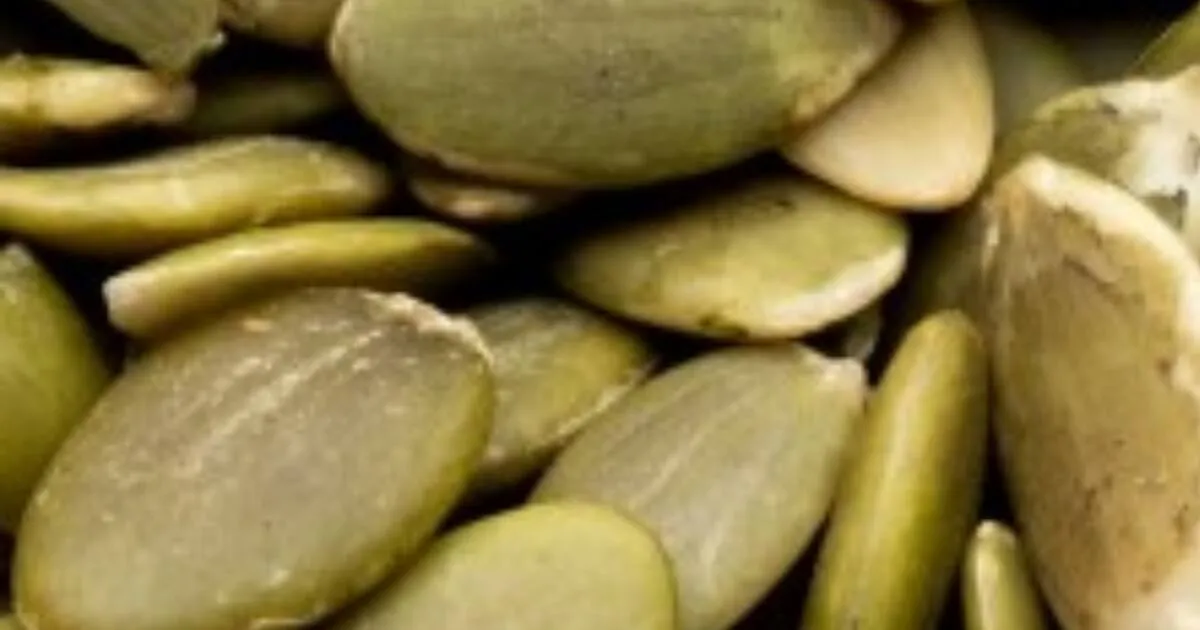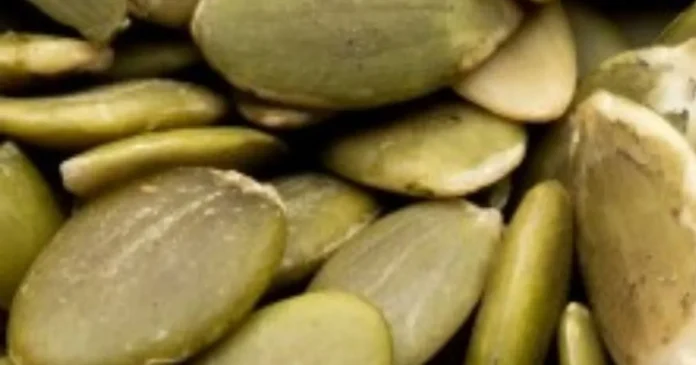Exploring the Potential Anti-Inflammatory Properties of Pepitas
Pepitas, also known as pumpkin seeds, Pepitas have long been eaten for their nutritional benefits. And in addition to their delicious flavor and crunchy texture, researchers are increasingly interested in their potential health-promoting properties. One area of focus is their purported anti-inflammatory effects. In this article, we look at the scientific evidence surrounding the question: Are pepitas anti-inflammatory?

Understanding Inflammation:
Before exploring the potential anti-inflammatory properties of pepitas, it is important to understand what inflammation is. The body’s immune system naturally reacts to damage or illness by causing inflammation. While rapid inflammation is necessary for healing, chronic inflammation can contribute to a variety of health problems, including heart disease, arthritis, and obesity.
Nutritional Composition of Pepitas:
Pepitas are rich in nutrients that are known to have anti-inflammatory properties. They are a good source of antioxidants, including vitamin E, phenolic compounds, and carotenoids. Additionally, pepitas contain omega-3 fatty acids, specifically alpha-linolenic acid (ALA), which has been shown to reduce inflammation in the body.
Here are some important points outlining the nutritional composition of pepitas (pumpkin seeds):
- Pepitas are a rich source of protein, providing approximately 30 grams of protein per 100 grams.
- They are packed with healthy fats, including monounsaturated and polyunsaturated fats, which are beneficial for heart health.
- Pepitas are high in dietary fiber, aiding digestion and promoting feelings of fullness.
- They contain essential vitamins such as vitamin E, which acts as a powerful antioxidant, protecting cells from damage caused by free radicals.
- Pepitas are an excellent source of minerals like magnesium, zinc, iron, and phosphorus, which play vital roles in various bodily functions.
- They are rich in plant compounds such as phytosterols and phenolic antioxidants, which have anti-inflammatory and immune-boosting properties.
- Pepitas are low in carbohydrates, making them suitable for low-carb and ketogenic diets.
- They provide a good balance of omega-3 fatty acids and omega-6 fatty acids, supporting cardiovascular health and reducing inflammation in the body.
- Pepitas are gluten-free and suitable for individuals with gluten sensitivities or celiac disease.
- They are a nutrient-dense snack option, offering a combination of vitamins, minerals, healthy fats, and protein in each serving.
Research on Pepitas and Inflammation:
A number of studies have examined the potential anti-inflammatory effects of pepitas. Research shows that the bioactive compounds found in pepitas, such as antioxidants and omega-3 fatty acids, are very useful in controlling inflammatory pathways in the body. For example, a study published in the Journal of Medicinal Food found that pepita oil supplementation reduced inflammatory markers in rats with induced colitis.
Additionally, a clinical trial published in the Journal of Nutrition and Metabolism found that pumpkin seed oil consumption reduced markers of inflammation in postmenopausal women. While more research is needed to fully understand the mechanisms behind pepitas’ anti-inflammatory effects in humans, these initial findings are promising.
Incorporating Pepitas into Your Diet
To take advantage of the potential anti-inflammatory benefits of pepitas, consider adding them to your daily diet. Pepitas can be enjoyed in a variety of ways, including:
- Sprinkle them on salads or soups.
- Mixing them into homemade granola or trail mix
- Putting them on top of porridge or yogurt
- Enjoy them as a standalone snack.
Conclusion
Although further research is needed, emerging evidence suggests that pepitas may have anti-inflammatory properties due to their rich nutritional composition. Adding pepitas to your diet as part of a balanced, plant-based eating pattern may contribute to overall health and well-being. However, it’s important to remember that pepitas are just one component of a healthy lifestyle, which includes regular physical activity and a varied diet rich in fruits, vegetables, whole grains, and lean proteins.
By exploring the potential anti-inflammatory properties of pepitas, we gain valuable information about their role in promoting health and combating chronic inflammation. As research in this area continues to evolve, pepitas remain a tasty and nutritious addition to any diet, offering many potential health benefits beyond their culinary appeal.
(Note: Remember to consult a health care professional before making significant changes to your diet, especially if you have existing health conditions or concerns.)




